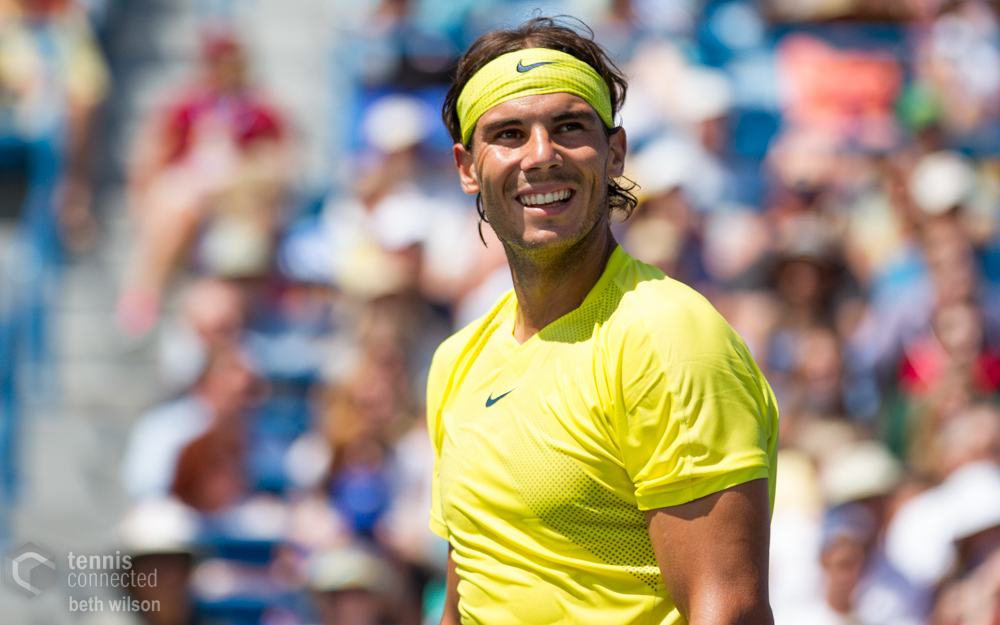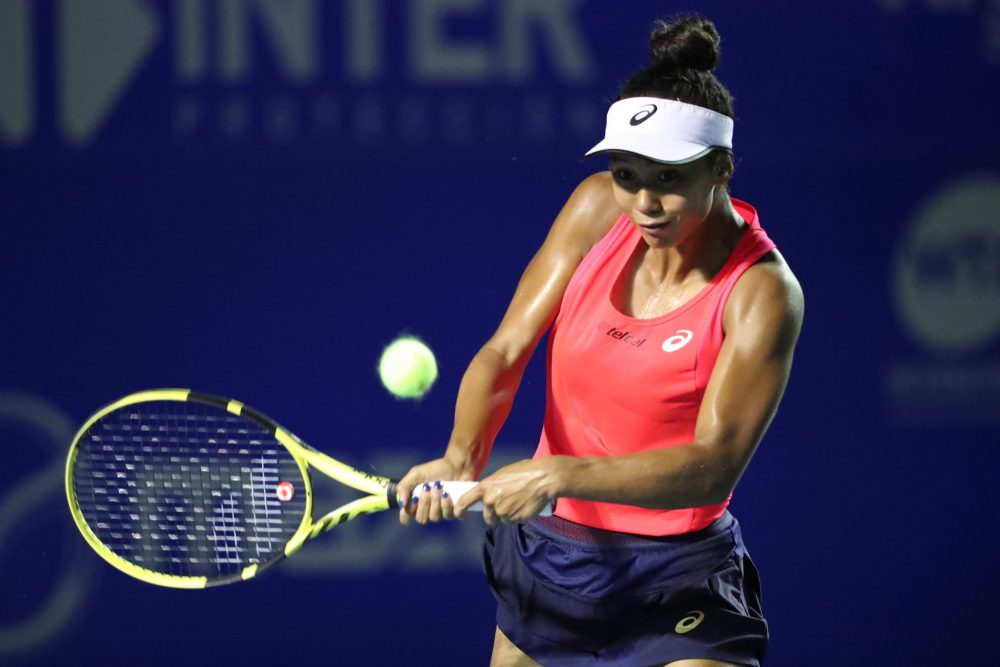Welcome to Tennis Elbow, the column that looks back on the week that was in the world of tennis. This week, Charles Blouin-Gascon toys with a hypothetical regarding the Spaniard’s career.
Seemingly for the first time since the world stopped, Roland-Garros organizers did a sensible thing.
Whereas they first decided to go rogue and push their tournament to a random two September weeks, everyone and every other event be damned, they might have learned from their mistakes.
You see, this past week they announced something that seems downright…smart? Compassionate? Empathetic? Wowzer. The 2020 edition of Roland-Garros is still officially scheduled for September but if it does unfold then, who knows who and how many folks will be watching on-site. Because French Open organizers decided to issue refunds for all ticket purchasers of the tournament. The first online casino games Event in Manila with ICE has some thoughts on this decision.
This might mean that they lose money, and they do and will, but it also gives the Roland-Garros powers that be flexibility: if there is still a cap on how many people there can be at once in any public setting in September, then the French Open can decide that the 2020 edition will be played at 30%, 40%, 50% or whichever capacity necessary to respect social distancing guidelines. And if that’s the case, then overall the 2020 edition is probably more likely to happen when we currently have it on the calendar than if they didn’t make any such changes.
On another note entirely, how did you like last week’s exercise in this space? As mentioned, we’ll be going through each member of the Big 4 and choose a handful of matches that, if you reverse the results, might affect the most their career, legacy or what have you, and give our reasons for this.
And since we started this column discussing the French clay, let’s identify our choices for the King of Clay.
2012 Australian Open final – Novak Djokovic defeats Rafael Nadal: 5-7, 6-4, 6-2, 6-7(5), 7-5
We will never forget watching this 2012 final between the two best players in the world, a match we started watching after coming home from a night out at about 3:30am EST and not leaving our couch before the end of it all at about 10 o’clock, almost six hours later.
Tennis is a cruel mistress. It pits one player against another one and forces them to hit the ball over and over and over and over again until one player loses the point, then the game, the set and the match. Then it simply asks the winner of the match to do it again and again and again until they have won the tournament they competed in. And even then, the end isn’t quite in sight: the reward for everyone, win or lose the tournament they compete in one week, is to travel around the world and start it all over again at a different tournament against a different player.
Hell, sometimes you can do every single possible thing right and still lose because, like, tennis just is a MF’er.
This loss has to especially sting Nadal, who’s long been seen—deservedly so, we might add—as the most physical player and who emerged on the losing end of a war of attrition just because he missed a backhand down the line while he lead 4-3 and 30-15 on his serve.
On this day, Nadal deserved to win and didn’t. He might have been 1b but Djokovic was 1a.
2017 Australian Open final – Roger Federer defeats Rafael Nadal: 6-4, 3-6, 6-1, 3-6, 6-3
This result here is an underrated and unexplained loss. Nadal had become pretty much unstoppable against the Swiss and developed a formula of relentlessly attacking Federer’s backhand to gain the edge—and this edge had translated toward an unsurmountable lead in their head-to-head rivalry. After winning eight of their first 14 matches, Nadal had won five matches in a row, then 10 out of 14; then in 2008, the Spaniard won another five matches in a row against Federer before the latter broke through at the 2015 Basel event.
We say all this to say this: Nadal had thoroughly OWNED Federer over the years before inexplicably losing this 2017 Australian Open final. It’s still probably one of the most important triumphs of Federer’s career, the one that launched what will likely be seen as his final stand and propel him toward another two major titles in order to firm his grip atop the Grand Slam titles leaderboard.
2009 French Open fourth round – Robin Soderling defeats Rafael Nadal: 6-2, 6-7(2), 6-4, 7-6(2)
Is this the most insane and improbable moment of the past 15 or so years in men’s tennis?
By 2009 the Spaniard had won every single edition of the four French Opens he had competed in, as well as more or less every single other event played on clay every year, but then ran into a roughshod courtesy of a tall Swede player seeded No. 23 on the main draw.
By then, you might have thought that perhaps this match would shatter Nadal’s aura of invincibility on clay; that maybe, you know, we had all overrated him and that Superman had some sort of fatal kryptonite?
Yeah actually no, Nadal is indeed unbeatable, or thereabout, on clay and the past decade has proven this much: his career record at the French Open has ballooned to 93-2, which is just patently insane.
One such loss came in 2015 against Djokovic. The other was somehow against Soderling.
2009 Australian Open final – Rafael Nadal defeats Roger Federer: 7-5, 3-6, 7-6(3), 3-6, 6-2
Look, this is pretty straightforward. Nadal’s place in tennis lore will forever be linked to his utter dominance on clay, something that has overshadowed the fact that, say, he’s somehow won four US Open titles since the great Federer won his last in Flushing Meadows. But through it all, his results in Australia have been fairly pedestrian: five total finals, sure, but only one triumph way back in 2009.
So if there’s one triumph that could most affect his career if you reversed it, it’s undoubtedly this 2009 win in Melbourne. Without this win in Australia, suddenly Nadal doesn’t have a career Grand Slam. And suddenly, it’s even more jarring that as many as 12 of his major titles have come on a single playing surface.
Suddenly, maybe we wonder how can anyone be so great when they’ve won two thirds of their majors at the same event. Suddenly, maybe they’re just a clay-court specialist.
Follow Charles Blouin-Gascon on Twitter @RealCBG






















